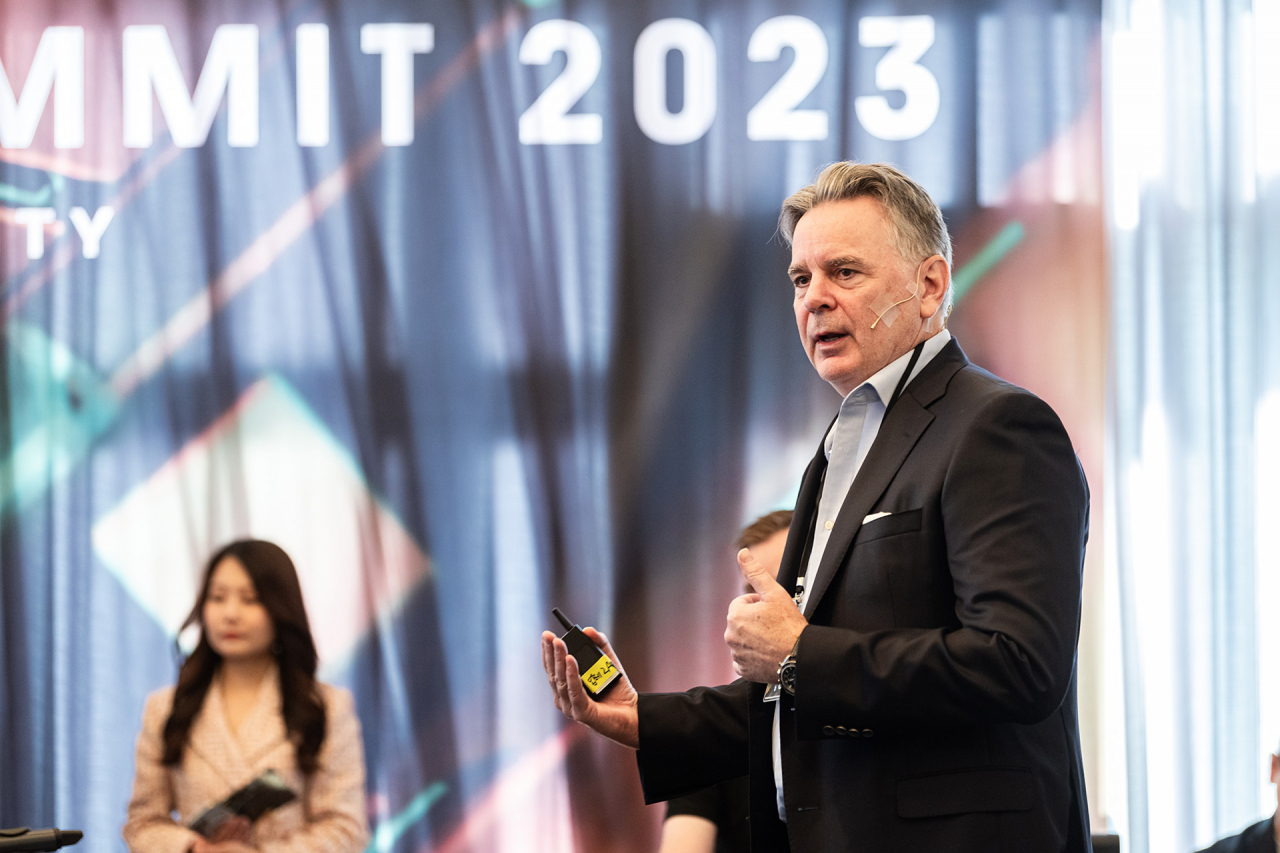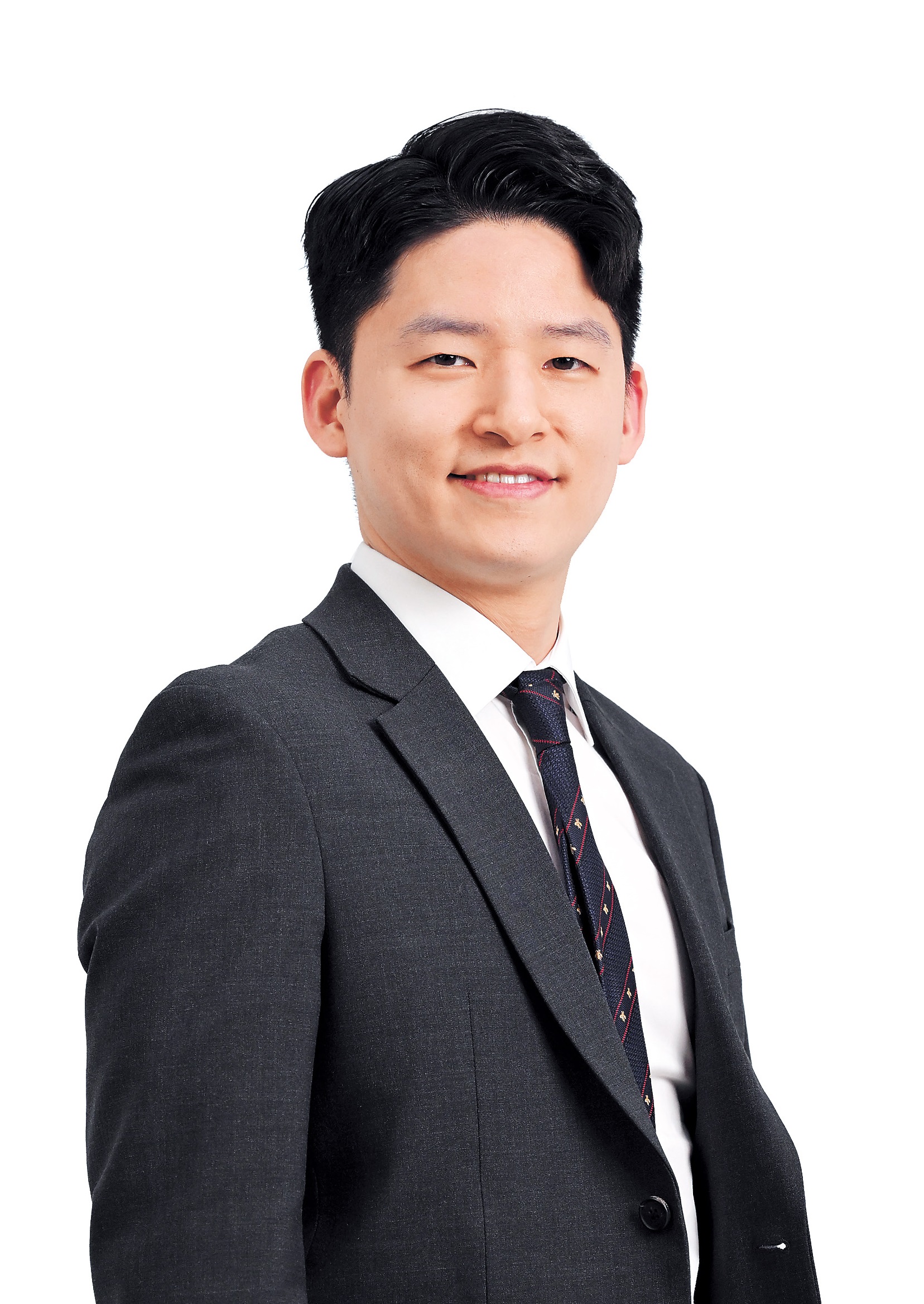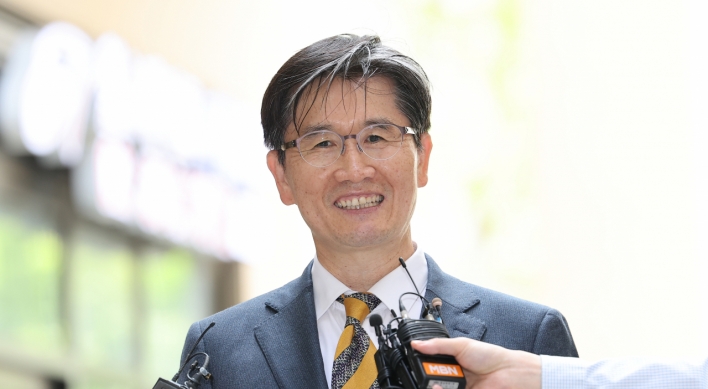Unity renews extended reality vision at APAC summit
By Moon Joon-hyunPublished : Oct. 5, 2023 - 18:03

Unity, the industry-standard 3D development platform company, hosted the Unity APAC Industry Summit 2023 in Seoul on Thursday, showcasing advancements and real-world applications in the development of extended reality, or XR, an umbrella term encompassing augmented, mixed and virtual reality technologies.
Rory Armes, vice president of solutions development, emphasized during the opening session that the inaugural APAC summit underscores the growing significance of the region in the digital twin market -- a sector projected to reach $42 billion by 2030.
Separate but often integrated with XR applications, the concept of digital twins refers to data-based, digital replicas of physical entities, which can be enhanced or visualized using XR tools. They allow companies to monitor in real-time and predict issues before they arise.
Vanz Kim, Unity's APAC advocacy leader, acknowledged the longstanding challenges in XR adoption due to high technical requirements. But he also pointed to significant improvements in recent devices, such as the Meta Quest 3 and Apple Vision Pro, that show promising signs of potential mass market adoption.
Still, a fragmented development ecosystem remains a hurdle, particularly in ensuring uniform quality and compatibility across an array of platforms.
"Unity XR SDK will be able to integrate the development environment, enabling developers to efficiently roll out their applications on multiple platforms," Kim said.
Another part of Unity's counter to these challenges came in the form of AI Muse and AI Sentis, launched in June of this year. Unity's AI Research Director Nico Perony explained during the event that these tools, harnessing artificial intelligence, aim to accelerate 3D application development.
AI Muse supports creators by converting natural input, like sketches and even text prompts, into detailed textures and animations. Meanwhile, AI Sentis is engineered to give developers easy access to AI-powered features in Unity projects, such as incorporating natural speech capabilities.
The rest of the summit showcased tangible applications of Unity’s innovations. A collaboration between Unity and Hyundai Motor is underway to craft a 3D Metaverse platform, dubbed "Meta-Factory." This platform represents a digital counterpart of a real-world factory, functioning on a metaverse infrastructure. This will enable Hyundai to simulate a virtual factory for optimization purposes, allowing management to address issues without physically inspecting the premises.
In entertainment, Unity is partnering with CJ Live City to generate a digital twin of their venue, with an emphasis on K-pop events. Leveraging Unity's technology, it will be possible to establish real-time integration between live and virtual fan engagements, encompassing aspects like ticket purchasing and merchandise sales.











![[Weekender] How DDP emerged as an icon of Seoul](http://res.heraldm.com/phpwas/restmb_idxmake.php?idx=644&simg=/content/image/2024/04/25/20240425050915_0.jpg&u=)
![[Today’s K-pop] NewJeans' single teasers release amid intrigue](http://res.heraldm.com/phpwas/restmb_idxmake.php?idx=644&simg=/content/image/2024/04/26/20240426050575_0.jpg&u=)






![[Herald Interview] Mistakes turn into blessings in street performance, director says](http://res.heraldm.com/phpwas/restmb_idxmake.php?idx=652&simg=/content/image/2024/04/28/20240428050150_0.jpg&u=)
